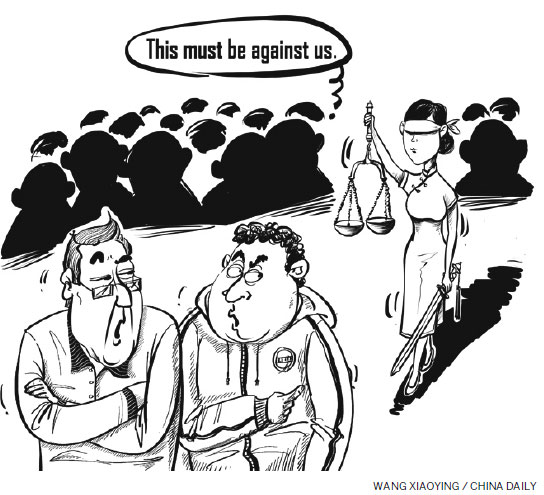Fairness of anti-trust can't be doubted
By Liu Hui (China Daily) Updated: 2014-09-24 07:28

In a recent letter to Vice-Premier Wang Yang, US Treasury Secretary Jacob Lew has expressed concern over China's anti-monopoly investigations, warning that such practices could undermine foreign intellectual property rights and have a serious impact on Sino-US relations. Some Western observers, too, have labeled China's anti-trust probes as being anti-foreign in nature.
The fight against monopoly constitutes a basic component of market economy. Foreign observers and politicians feel that the anti-trust probes are unfairly targeted at foreign companies because, by virtue of operating in China for years, such companies have been capitalizing on the lack of sound rules and institutions to regulate the market and indulging in monopolistic activities.
The "super-national treatment" - such as tax exemptions and/or holidays and other preferential policies - the central government offered to foreign ventures helped many of them to turn into monopolies. Before the government announced a unified rate of income tax for domestic and foreign enterprises on Jan 1, 2008, the rate of income tax for domestic enterprises was 8 percentage points higher than that imposed on foreign companies. Also, some local governments misused the tax exemption policy by offering preferential use of land, water, power and other factors of production to attract foreign companies.











